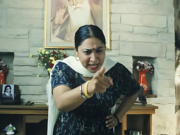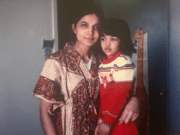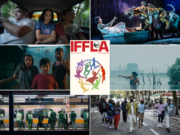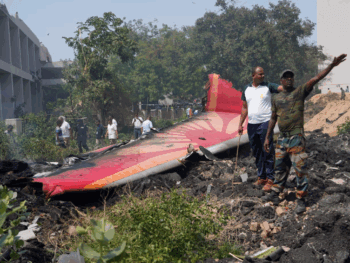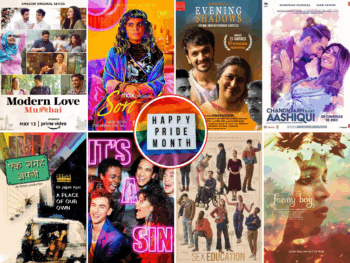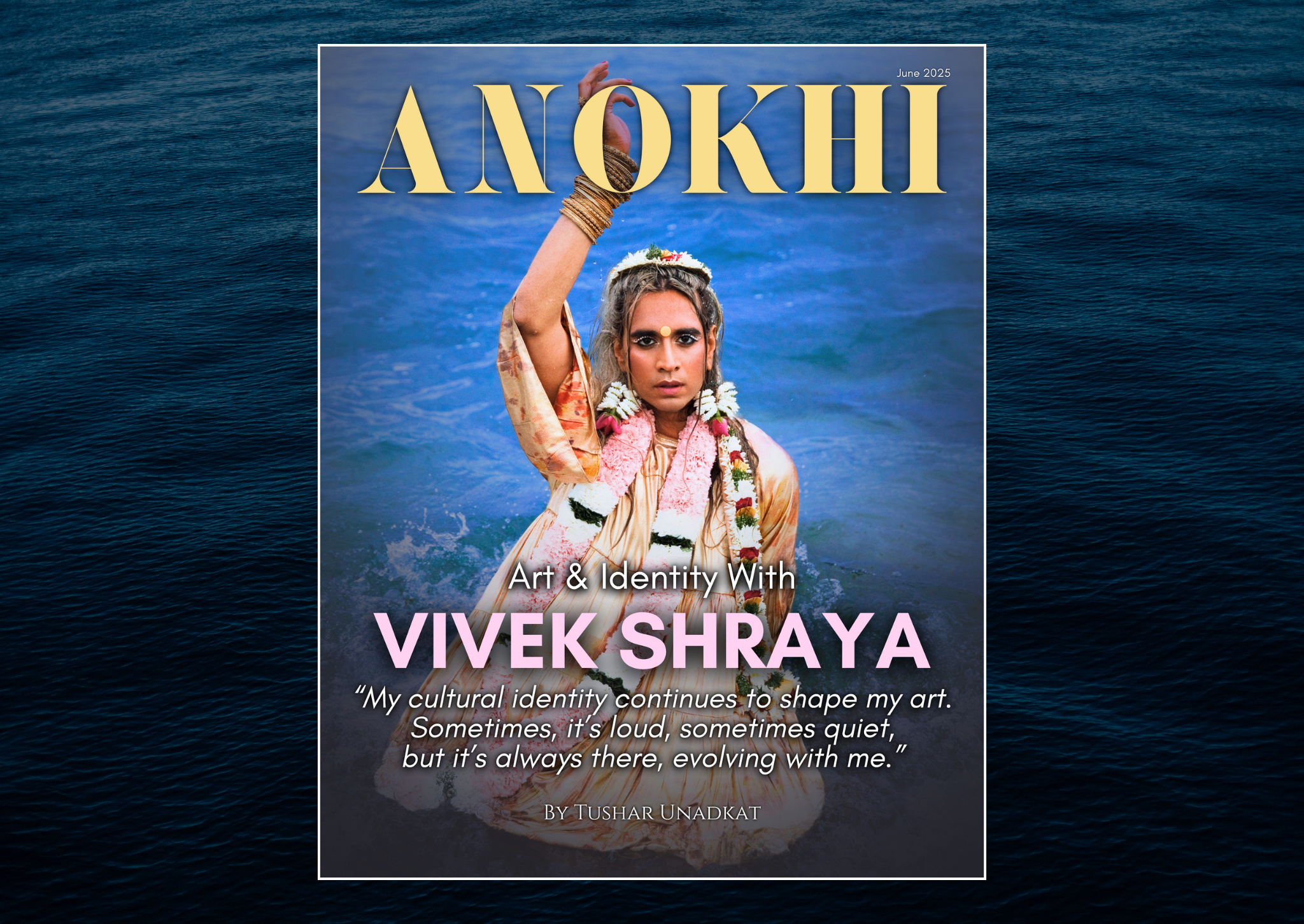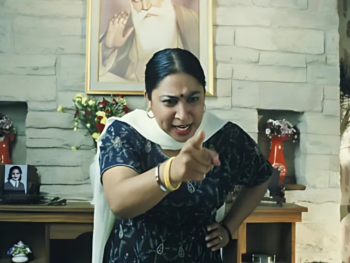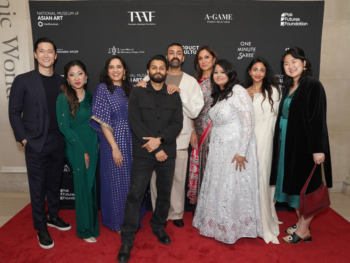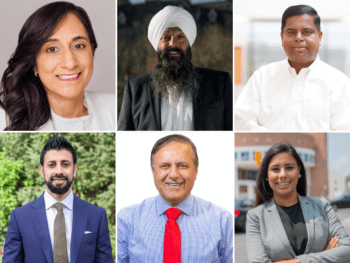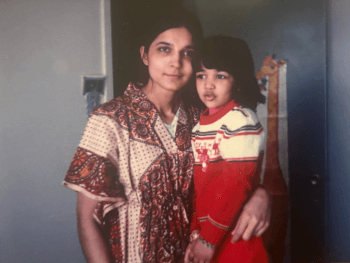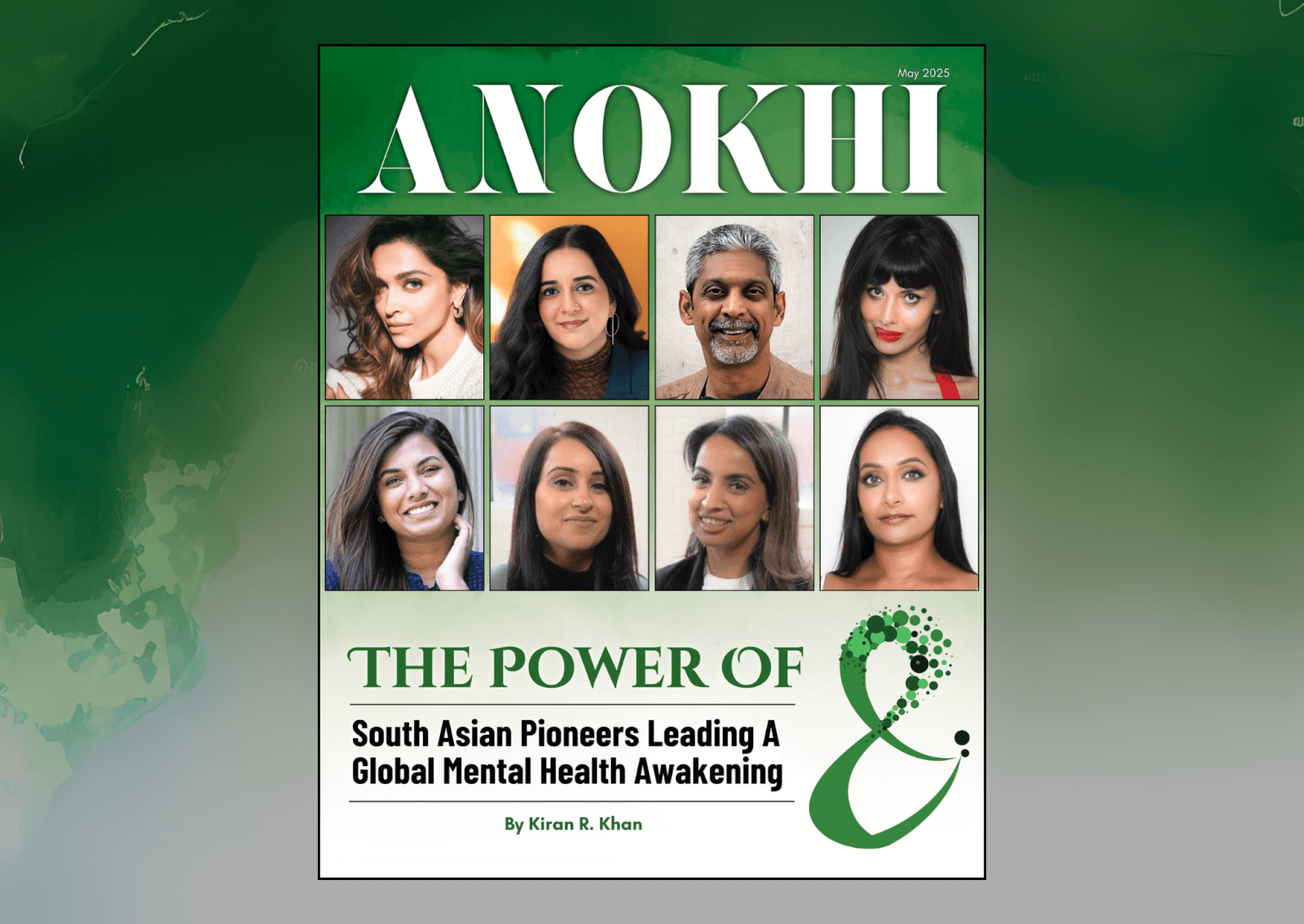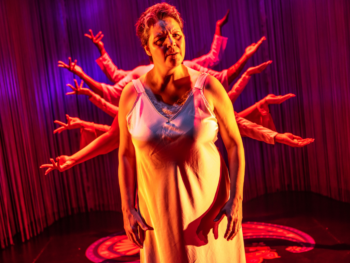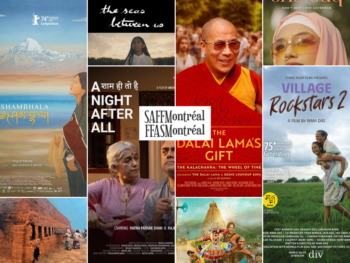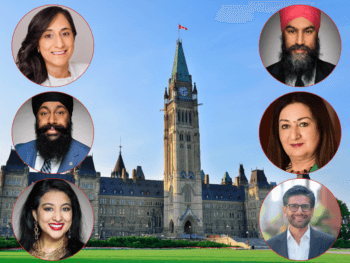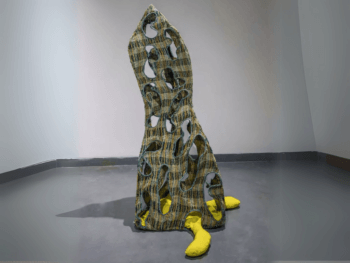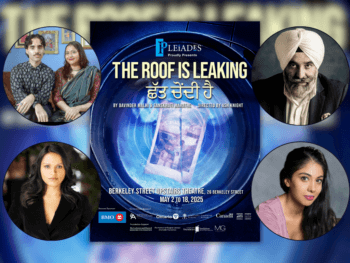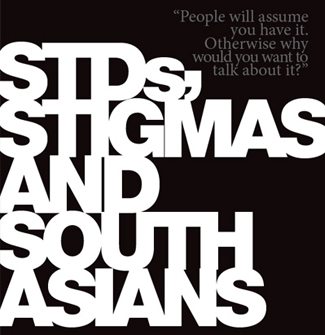
A Lethal Combination
“I had never seen or heard about a condom before,” says Ayesha*, an HIV patient.
Shocked? Ayesha’s experience is not unique. Her predicament is one that is shared by many.
If you belong to the South Asian community, chances are, you know quite a few people who have been diagnosed with heart disease, but you will be hard pressed to find anyone who suffers from any sexually transmitted diseases. After all, it is virtually impossible to confirm the existence of a disease if one never gets tested.
It’s not news that sex and sexuality are taboo subjects in the South Asian community. Hidden under several layers, sexuality is to be confined to the bedroom, and women are expected to remain chaste for their husbands. The repercussions of these social binds go far beyond mental anguish; they deter people from seeking appropriate and necessary medical help.
Lack of knowledge on safe sex methods comes as a part and parcel of a sexually restrictive culture. Ayesha, a participant in a study conducted by the Alliance for South Asian AIDS Prevention (ASAAP), expressed her ignorance of any means of protection. She first became aware of condoms at an ASAAP support group in Toronto, after she had been diagnosed with HIV, which she contracted from her husband. Embarrassed about a disease she had no means of preventing, she is compelled to hide it from her extended family, explaining her hospital visits with a false case of leukemia. Ironically, drug use, homosexuality and promiscuity are commonly believed to be western phenomena that result in HIV, even with India’s worrisome high number of AIDS patients. The fear of ostracism from the community restricts patients from discussing or even mentioning the deadly disease. Kalyani*, another study participant, explains that it’s difficult to bring HIV up for discussion because, “People will assume you have it. Otherwise why would you want to talk about it?”
The stigma associated with family honour and shame among South Asians appears to have a greater impact in Britain, where news of honour killings is not uncommon. A University of Cambridge article, “Public honour, private shame and HIV: issues affecting sexual health service delivery in London’s South Asian communities” stipulates that a general communal denial of STDs has resulted in a great absence of regular screening. Gay South Asian men, for instance, are much less likely to get tested for HIV than gay men of other communities. South Asian sex workers in Britain often avoid purchasing condoms, or accessing available help, due to the fear of being recognized by a community member. Women, not aware that they can request a female doctor, evade seeing one altogether.
Linguistic barriers is another reason non-natives don’t seek help. ASAAP indicates that while there is a tremendous amount of easily available information, it is mostly in English, which may be incomprehensible for many. University of Toronto sociology professor Monica Boyd’s report “Immigration Trends, Language Skills and the Labour Market Integration of Recent Immigrants” includes India and Pakistan in the top five origin nations of immigrants with very low linguistic skills in English or French. In a 2006 report, Statistics Canada reported that South Asian immigrants (who arrived at age 20 or older) had the second lowest proficiency level in English among all the immigrant groups, after East Asians. As a consequence, many feel isolated and helpless, an obstacle they are not easily able to overcome.
Power dynamics in traditional South Asian families favour men and often strip the women of rights over their lives and bodies. Many women, relying entirely on their husbands for economic and social well-being, are unable to make decisions about protection. This lack of control often comes with domestic abuse. A study published in the Journal of Immigrant Health in 2005 — aptly titled “South Asian Victims of Intimate Partner Violence More Likely than Non-Victims to Report Sexual Health Concerns” — reports a direct and positive correlation between intimate physical violence and heightened concerns about reproductive and sexual health. Victims of domestic sexual abuse express worries over menstrual abnormalities, STDs, unwanted pregnancies and pelvic pains, to name a few. The survey found that an astounding 90 per cent of domestic violence victims report sexual abuse. While a good number divulged various health concerns such as unwanted pregnancies, abnormal vaginal discharge and painful urination, almost one third of the participants had no Pap smear done within the past year. “A lot times he would force himself, you know. I mean that was his way of, you know, control again,” describes one unnamed participant. Some reported marital rape and resultant adverse health changes (including forced pregnancies and abortions), as well as their husbands not allowing them to seek relevant medical help. These women fear further violence upon demand of safe sex, and are at an even greater risk of contracting STDs, as reportedly abusive men tend to have multiple sexual partners outside of marriage. The study highlights the dire need of increased Pap tests conducted among women of South Asian origin in the United States.
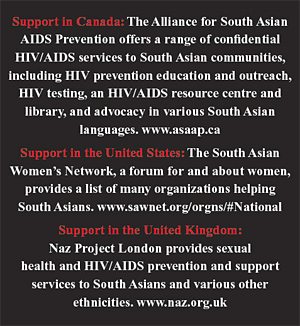 It’s suggested that health providers administer culturally sensitive help, with a significant emphasis placed on maintaining the privacy of the patient. Pap tests need to be highly recommended to both married and unmarried women.
It’s suggested that health providers administer culturally sensitive help, with a significant emphasis placed on maintaining the privacy of the patient. Pap tests need to be highly recommended to both married and unmarried women.
If you are concerned about your sexual well-being, do not be afraid to seek help. No matter your plight, community support groups and organizations will find a solution. Your privacy and confidentiality is top priority.
“If there was no support group, I would have died years ago. Not because of HIVE, but because of the loneliness and isolation,” Ayesha* said to ASAAP.
*Names of ASAAP study participants were changed in the original report.
BY FARAH KHAN / PUBLISHED IN THE 10TH ANNIVERSARY ISSUE, JANUARY 2013
Farah Khan | Editorial Director
Author
Farah Khan manages the editorial department at ANOKHI LIFE, overseeing content production, publishing, and the annual editorial calendar, while also supporting operations, projects, systems, events, and vendor coordination.
